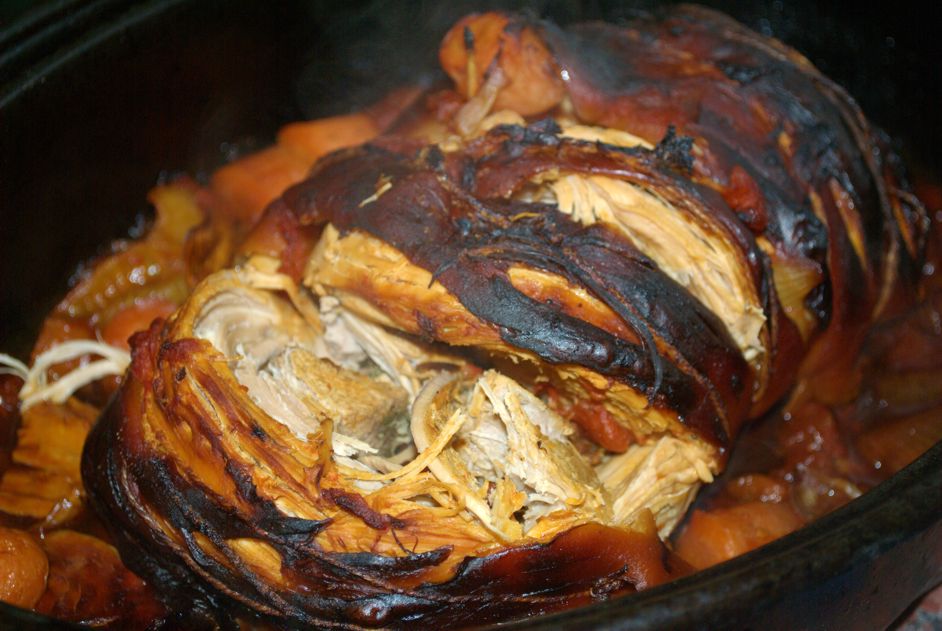News Americas, Washington, DC, Fri. June 30, 2017: The U.S. State Department’s annual Trafficking In Persons (TIP) Report 2017, issued Monday, shows progress in some Caribbean countries but leaves some unhappy with their Tier rankings.
Secretary of State Rex Tillerson’s statement on the TIP Report stressed that it “highlights the successes achieved and the remaining challenges before us on this important global issue.”
According to Tillerson, “Human trafficking is one of the most tragic human rights issues of our time. It splinters families … undermines the rule of law, and spurs other transnational criminal activity. It threatens public safety and national security.”
He further stated that human trafficking “robs human beings of their freedom and their dignity. That’s why we must pursue an end to the scourge of human trafficking.”
I concur strongly with this view, and, while some Caribbean countries may be disappointed with the 2017 TIP Report, some rightly so, they should be encouraged to double their efforts to end human trafficking in their jurisdictions and to prevent their territories from being used as transit or harboring sites for trafficking.
Those needing technical assistance and other resources should demonstrate their political will and submit appropriate requests and proposals to the USAID and the State Department, and to other international partners to provide support. In response, they should not withdraw from efforts to end human trafficking, because eliminating human trafficking is not just a U.S. objective; it is the objective of all of us.
In a statement accompanying the release of the 2017 TIP Report, the State Department noted that “it is the world’s most comprehensive resource of governmental anti-human trafficking efforts and reflects the U.S. Government’s commitment to global leadership on this key human rights and law enforcement issue.”
Further, it stated: “The U.S. Government uses the TIP Report to engage foreign governments in dialogues to advance anti-trafficking reforms and to combat trafficking and to target resources on prevention, protection and prosecution programs.”
These objectives are laudable but the U.S. Government must do more to help countries achieve these objectives.
A number of CARICOM member states made significant progress, according to the 2017 TIP Report. In the Tier rankings in the 2017 TIP Report, one CARICOM member state, Guyana, advanced from Tier 2 to Tier 1, joining The Bahamas in the highest ranking.
Guyana’s progress is remarkable; having been stuck on the Tier 2 Watch List (T2WL) for three years before moving up to Tier 2 in 2016. It should be noted that Tier 1 ranking does not mean that a country has no human trafficking problem. Tier 1 ranking is an indication that during the reporting period a government having acknowledged the existence of human trafficking in its jurisdiction has made efforts to address the problem. Tier 1 countries also comply with the minimum standards established by the U.S. Trafficking Victims Protection Act (TVPA) of 2000, Public Law No. 106-386, § 108, as amended. It also means Tier 1 countries must demonstrate appreciable progress in combating human trafficking in order to maintain a Tier 1 ranking.
Similarly, Saint Lucia, Saint Vincent & the Grenadines (SVG), and Trinidad and Tobago (TT) have made progress by moving up from T2WL in 2016 to Tier 2 in 2017. They join Barbados and Jamaica, two CARICOM countries already ranked Tier 2. SVG was stuck on the T2WL for the preceding three years and has demonstrated significant efforts to combat human trafficking in its jurisdiction to move up in ranking. TT also stuck in T2WL for two years has now made good progress in advancing.
Significantly, three CARICOM member states, Antigua and Barbuda, Haiti, and Suriname have not shown sufficient progress in combating human trafficking and are on the T2WL.
Tier 2 Watch List countries are those whose governments do not fully meet the TVPA’s minimum standards, but are making significant efforts to meet those standards, and
a) The absolute number of victims of severe forms of trafficking is very significant or is significantly increasing; b) There is a failure to provide evidence of increasing efforts to combat severe forms of trafficking in persons from the previous year, including increased investigations, prosecutions, and convictions of trafficking crimes, increased assistance to victims, and decreasing evidence of complicity in severe forms of trafficking by government officials; or c) The determination that a country is making significant efforts to meet the minimum standards was based on commitments by the country to take additional future steps over the next year.
The only CARICOM member state to be on the bottom of the rankings, Tier 3, is Belize. This ranking is based on Belize not fully meeting the minimum standards for combating human trafficking and is not making significant efforts to do so.
Having recently returned from Jamaica, a Tier 2 ranked country, where I participated in a human trafficking awareness training program with Airline Ambassadors International, I concur with the 2017 TIP Report that significant efforts are underway in Jamaica to combat human trafficking.
Not moving up to Tier 1 will be disappointing to Jamaican Government authorities and the National Task Force Against Human Trafficking in Persons (NAFTATIP), as well as those NGOs actively engaged in the fight against human trafficking in Jamaica.
According to the TIP Report, while Jamaica has not yet fully met the minimum standards for the elimination of human trafficking, Jamaica is making significant progress in doing so. Ironically, no country can totally eliminate human trafficking and none of the current Tier 1 countries has achieved this objective.
Of note, the 2017 TIP Report stated that the Jamaican Government had demonstrated increasing efforts compared to the previous report period. Efforts to combat human trafficking in Jamaica, as elsewhere, are ongoing and it is conceivable that some of these efforts would not have been taken into consideration in preparing the 2017 TIP Report which would have had a cut-off date well in advance of preparation and release of the Report.
It is important for all CARICOM member states to strive to reach the ultimate objective of eliminating human trafficking. They should not be discouraged by their current rankings or take any of the current rankings for granted. The fight against human trafficking never ends as nefarious actors will not easily give up on the huge amount of money flowing through this international crime.
 EDITOR’S NOTE: Ambassador Curtis A. Ward, B.A., J.D., LL.M., is an attorney and international consultant, and Adjunct Professor in the Homeland Security Graduate Program at the University of the District of Columbia. As former Ambassador of Jamaica to the United Nations he served two years on the U.N. Security Council. He was Expert Adviser to the UN Counter-Terrorism Committee for three years. He specializes in terrorism/counterterrorism legal and policy frameworks; anti-money laundering and countering financing of terrorism (AML/CFT); sanctions implementation; crime and security; human rights, rule of law and governance.
EDITOR’S NOTE: Ambassador Curtis A. Ward, B.A., J.D., LL.M., is an attorney and international consultant, and Adjunct Professor in the Homeland Security Graduate Program at the University of the District of Columbia. As former Ambassador of Jamaica to the United Nations he served two years on the U.N. Security Council. He was Expert Adviser to the UN Counter-Terrorism Committee for three years. He specializes in terrorism/counterterrorism legal and policy frameworks; anti-money laundering and countering financing of terrorism (AML/CFT); sanctions implementation; crime and security; human rights, rule of law and governance.









